Finland is a country where sulking and brooding alone has traditionally been considered perfectly acceptable behaviour and nothing to apologise for. We are used to keeping our difficulties to ourselves. If you ever needed to speak to your neighbour, all you had to do was walk to the shore and shout across the lake.
Sometimes, the only thing you heard back was the echo. I suppose it was a dialogue of sorts. Today, the same thing still happens, but on social media, where real encounters are even fewer.
How is it that for the people of such a sparsely populated country collaboration can still be so difficult, if not disagreeable? Of course, the same description is probably true of many nations, not just Finland.
However, scaling down or withdrawing from collaboration is not an option in a world that is growing more and more complex. All signs point to the fact that for the data economy era, which is only just beginning, wide-reaching collaboration is needed more than ever. That is why we should invest in it as much as we can.
One example of a collaborative exercise that involved a large group of experts is Sitra’s Isaacus project for well-being data. Now that the project is nearing its end, it is obvious how necessary dialogue and open preparatory processes will be in future as we work to make data benefit us all.
Implementation is built with wide-ranging skills on a legislative foundation
The Isaacus project was started in 2015 from the need to develop improved ways to make use of well-being data. There was a mission to harmonise research practices and related services. Throughout, the project was also an exercise in collaboration between stakeholders.
Technical specialists have worked together to find new solutions. The managers in the steering group have learned to compromise on mutual goals and devise joint strategies.
The Ministry of Social Affairs and Health has worked on open preparation and corporate co-operation and tried to improve the legislative framework for high-standard, ethically sustainable research and development.
The regulatory environment lays down and removes restrictions. The role of restrictions is to uphold and improve standards in research practices. Different controllers have processed data requests regarding the same research questions as they please because no shared policies or deadlines have been agreed on.
Restrictions are in place to manage the impact of researchers’ individual methods on data security: the aim is to be rid of flash drives and personal data handled on laptops once and for all.
The hope is that legislation will also enable more multifaceted research that will ultimately benefit all Finns when the deadlines for delivering permits and materials are jointly and openly established.
Alongside legislation, the implementation and new operating model has been prepared by a multidisciplinary team including representatives from both public authorities and private businesses. Has this team been enough to cover all bases?
Probably not. The team can give policy recommendations and agree on timetables and resourcing, but more collaboration with a wider group of stakeholders is needed. The final technical implementation of the project is still up in the air.
Cliques standing in the way of open dialogue
A well-known enemy today is siloed communication within ministries, authorities and other cliques.
Sitra, the National Institute for Health and Welfare, the Finnish Federation for Social Affairs and Health and Pharma Industry Finland commissioned a survey on public attitudes towards research. Based on the survey, people’s level of trust in research carried out by private corporations is much weaker than it is for that carried out by universities.
Yet most of us expect more than aspirin when we see a doctor. Pharmaceutical research is governed by strict ethical regulations and practices and is an indispensable part of the development of effective medicines.
Data is not sold, but by utilising data everyone – here and elsewhere – will have access to new medicines. Companies should be better able to communicate their research activities to the public.
Concerns and threats should be openly discussed with patients, researchers and regulators.
They should also be openly discussed among patients, users of medication, regulators and pharmaceutical innovators, even if this means stepping outside one’s comfort zone.
The general awareness on data has increased during the Sitra’s Isaacus project and the legislation work concerning the secondary use of health and social data. At the same time, technological development has advanced in leaps and bounds, giving rise to new concerns.
There are concerns that with a ubiquitous internet cyberattacks can be performed through a coffee maker or that data can never be completely anonymised.
These concerns are extremely valid, and we undoubtedly should have dedicated even more time to a wide dialogue in technical architecture design for our project.
Let’s celebrate Isaacus’ birthday – together!
My personal aim is always to facilitate dialogue between laypersons and technical specialists and experts. I know enough about technology to talk about its benefits, but not enough to earn a living as a software developer. This is why we need dialogue and advice, knowledge and constructive criticism from a wide range of people.
When building a secure user environment for a service operator and determining the specifications, it is best to listen to the leading brains in the field who develop systems and resolve data security risks on a daily basis.
Because of the complex and rapidly evolving technology of today, no one actor has the necessary expertise to build sustainable and secure solutions.
As a country, we are not playing on our own: better access to data has attracted a great deal of international attention. That is why we also need expertise to ensure that the value produced by Finnish data stays in Finland, and how the rights to various materials should be priced for different user groups.
As I alluded to earlier, surviving on our own with no help is a strong tradition in Finland. In a land of a thousand lakes, it is a virtue made out of necessity. True, lifting fishing nets in solitude onto your boat on a lake at sunset while listening to the lone calling of a diver bird can be wonderful.
ut it doesn’t have to always be like that. Last year’s theme of the 100-year-old Finland and Sitra, #together, still resonates.
Instead of shouting across a lake, we urge everyone to cooperation.
Instead of shouting across a lake, we urge everyone to engage in closer dialogue, to sit around the same table and work together on building an ethical and technically sustainable foundation for authorities to use.
If the solutions don’t exist, we must invent them. One opportunity for just this will be on 1 November 2018, when we celebrate Isaacus Rothovius’ birthday at the closing ceremony of the Isaacus project.
But this is not the end of the dialogue, and we hope that the project and its outcomes find a new owner who is capable of new dialogue and who is happy to roll their sleeves up and develop our operating environment and outcomes further.
If a project has no continuation, it is like shouting across the lake with no echo answering back.
#isaacus
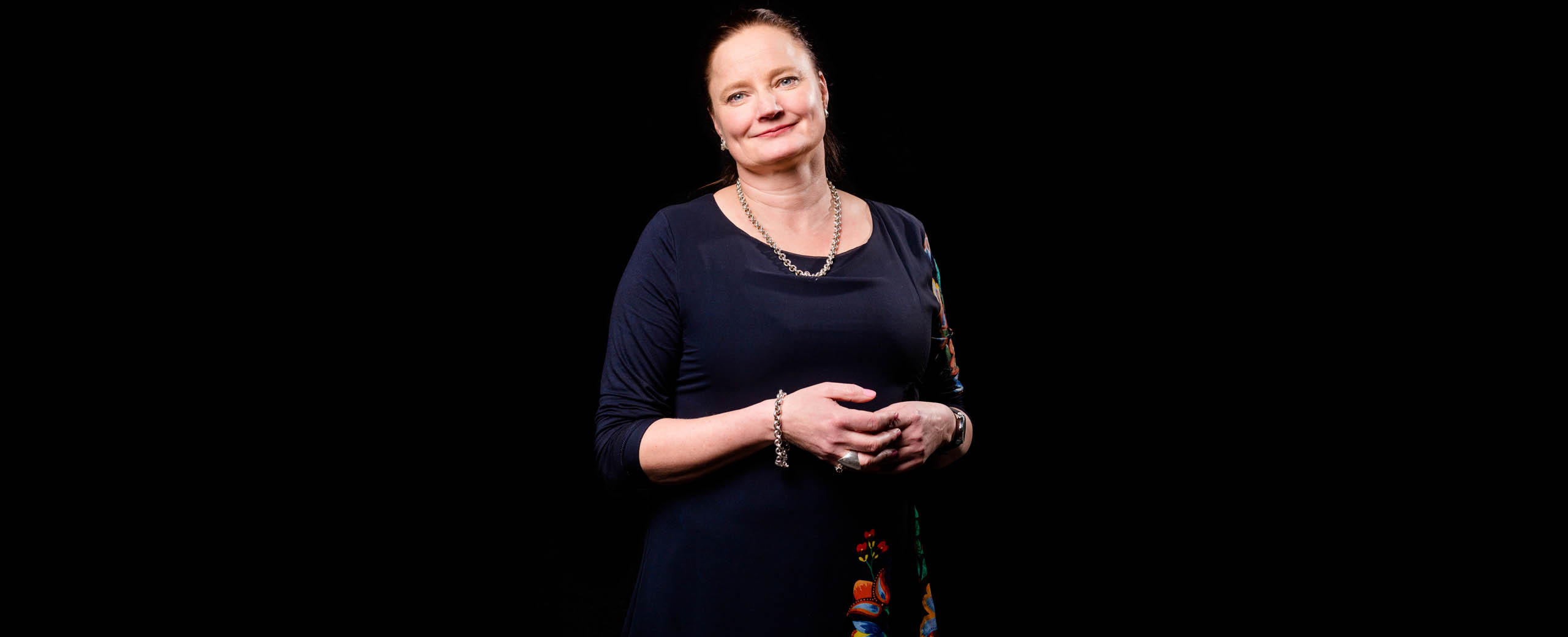





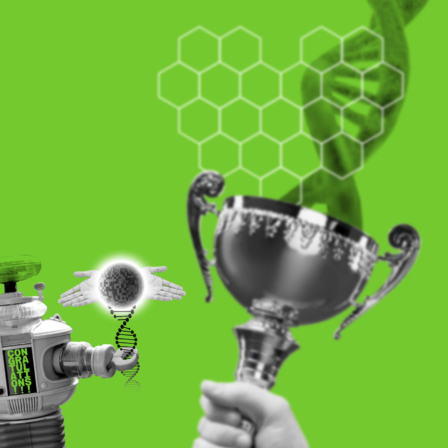
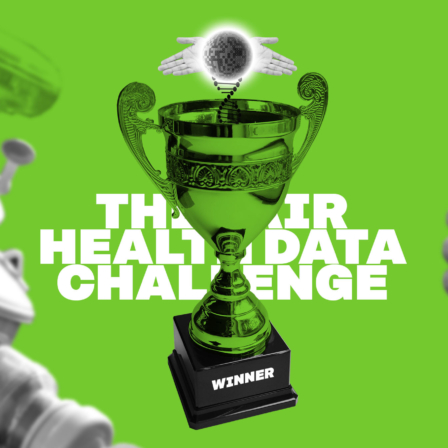
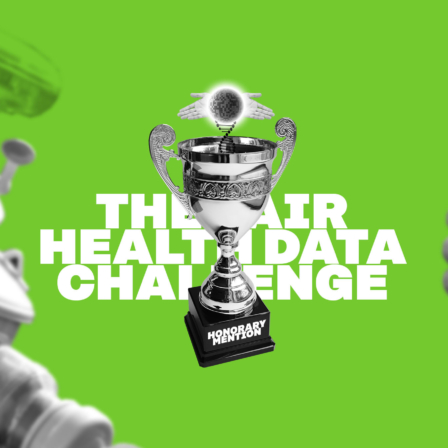




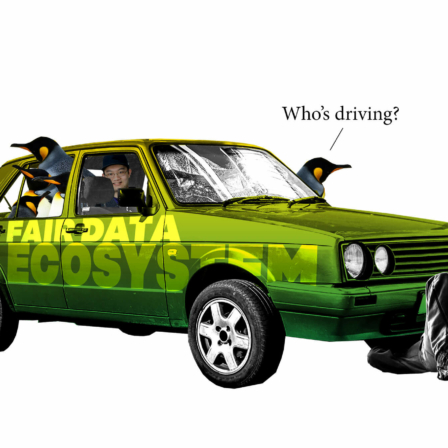
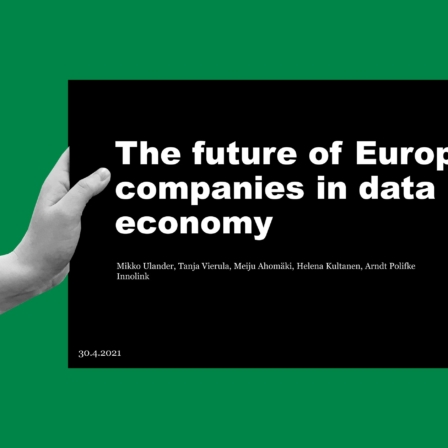


Recommended
Have some more.